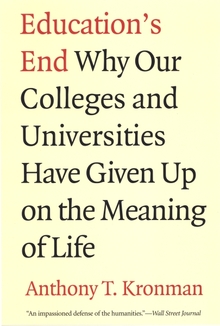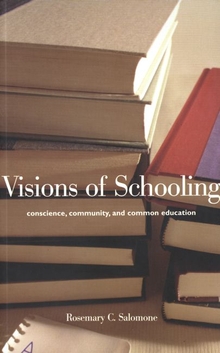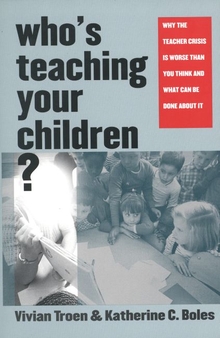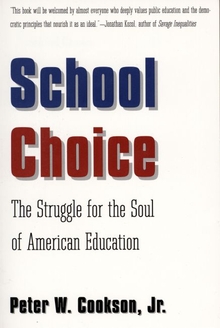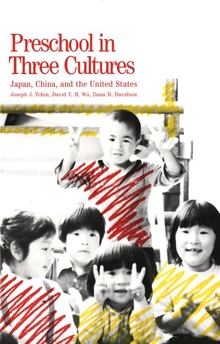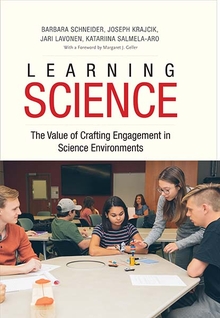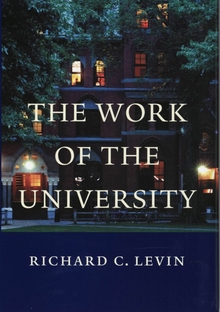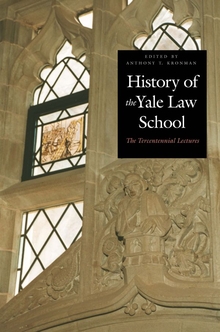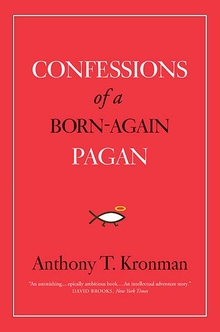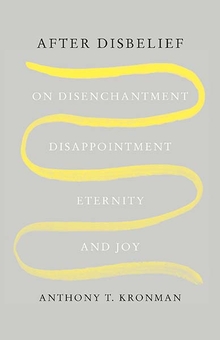Education's End
WARNING
You are viewing an older version of the Yalebooks website. Please visit out new website with more updated information and a better user experience: https://www.yalebooks.com
Why Our Colleges and Universities Have Given Up on the Meaning of Life
Anthony T. Kronman
A passionate call for our colleges and universities to prepare young people for lives of fulfillment not just successful careers
The question of what living is for—of what one should care about and why—is the most important question a person can ask. Yet under the influence of the modern research ideal, our colleges and universities have expelled this question from their classrooms, judging it unfit for organized study. In this eloquent and carefully considered book, Tony Kronman explores why this has happened and calls for the restoration of life’s most important question to an honored place in higher education.The author contrasts an earlier era in American education, when the question of the meaning of life was at the center of instruction, with our own times, when this question has been largely abandoned by college and university teachers. In particular, teachers of the humanities, who once felt a special responsibility to guide their students in exploring the question of what living is for, have lost confidence in their authority to do so. And they have lost sight of the question itself in the blinding fog of political correctness that has dominated their disciplines for the past forty years. Yet Kronman sees a readiness for change—a longing among teachers as well as students to engage questions of ultimate meaning. He urges a revival of the humanities’ lost tradition of studying the meaning of life through the careful but critical reading of great works of literary and philosophical imagination. And he offers here the charter document of that revival.
Anthony T. Kronman is Sterling Professor of Law, Yale Law School. Since stepping down as Dean of the Law School in 2004, he has been teaching in the Directed Studies Program at Yale and devoting himself to the humanities.
Williams College
"Just when we need them most, the humanities have relinquished their role at the heart of liberal education—helping students reflect on what makes life worth living. In this bold and provocative book, Anthony Kronman explains why the humanities have lost their way. With eloquence and passion, he argues that departments of literature, classics, and philosophy can recover their authority and prestige only by reviving their traditional focus on fundamental questions about the meaning of life."—
Michael J. Sandel, author of The Case against Perfection and Public Philosophy
"Among the more formidable attempts to help higher education address life's big questions was the Great Books movement . . . . Anthony T. Kronman, former dean of the Law School at Yale, makes a laudable attempt to revive this Great Conversation approach in Education's End . . . . I found myself returning to his pages to read again his rationale, to get lost in the helpful details of his footnotes, and to try to figure out what we have in common in using many of the same great books to understand the human condition."—Jerry Pattengale, Books & Culture
Publication Date: September 23, 2008

